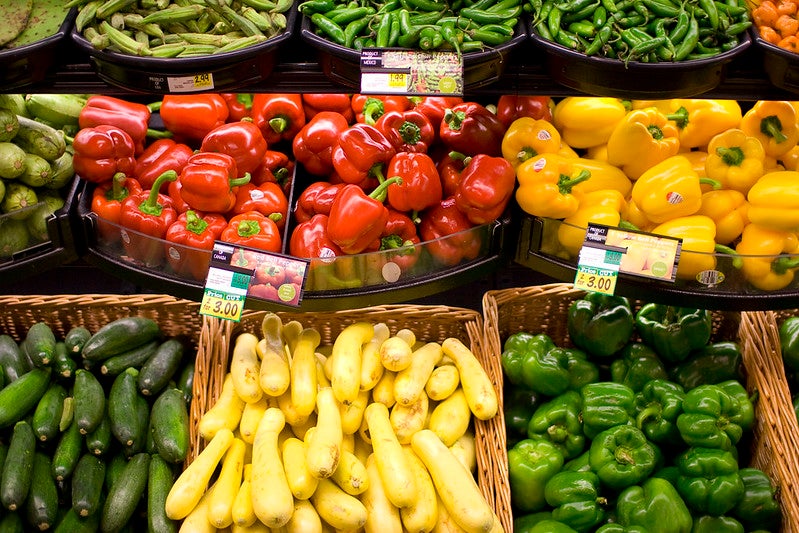
Researchers from Bangor University BioComposites Centre in the UK are developing biodegradable food packaging using grass waste maize, which is called stover.
Bangor has partnered with Makerere University in Uganda and will work with women-led smallholders in the African country.

Discover B2B Marketing That Performs
Combine business intelligence and editorial excellence to reach engaged professionals across 36 leading media platforms.
The research team will focus on exploring the use of post-harvest waste natural materials such as leaves, stalks and cobs left in the field.
Makerere University Agriculture and Environmental Sciences College Dr Stephen Lwasa said: “The partnership that we have with Bangor University and other partners to use maize waste to produce packaging materials is an exciting opportunity for our farmers and other value chain actors.
“This is because post-harvest losses will be reduced, the product quality will be maintained, and opportunities to market these packaging materials and products in high-end markets will increase streams of incomes for the players involved.
“I call upon the project partners to give this project their very best, and also call upon the support of more stakeholders to make this dream a reality.”

US Tariffs are shifting - will you react or anticipate?
Don’t let policy changes catch you off guard. Stay proactive with real-time data and expert analysis.
By GlobalDataThe Department for International Development (DFID)-funded Innovate UK feasibility project is expected to provide Uganda’s agricultural smallholders with a new income stream.
Industrial partners include an Uganda-based agricultural machinery manufacturer Musabody, packaging company Oribags and the UK company NER.
Bangor University has already developed a range of food packaging using grass, in collaboration with the UK supermarket Waitrose.
BioComposites Centre senior research fellow Dr Adam Charlton said: “The green egg boxes and other moulded food packaging produced from our original concept can be found in Waitrose supermarkets across the country and have been well-received by customers.”





